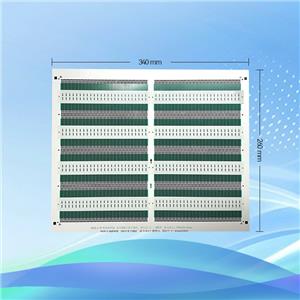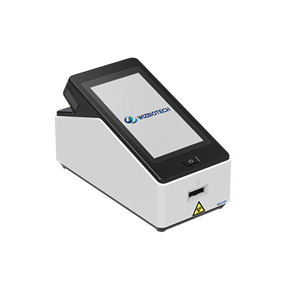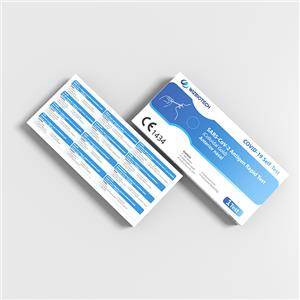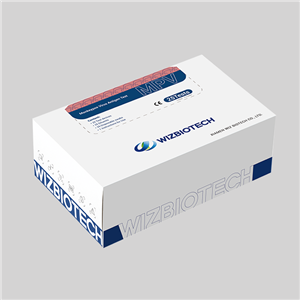The Advantages of Fecal Occult Blood Test in Widespread Colorectal Cancer Screening
Colorectal cancer (CRC) is a leading cause of cancer-related deaths worldwide. Cancer screen test significantly improves treatment outcomes, making screening a crucial component of CRC management. While colonoscopy test is often hailed as the gold standard for CRC screening, it is not without its limitations.
Colonoscopy allows doctors to visually inspect the entire colon and rectum, detecting polyps or abnormalities that can be removed preventively. It provides the most accurate assessment and can even perform therapeutic procedures during the same examination. However, this method can be invasive, costly, and may cause discomfort or complications, such as bleeding or perforation, albeit rarely.
Fecal occult blood test (FOBT test) or immunochemical fecal occult blood test (iFOBT test) serves as a more accessible and economical alternative for widespread screening. This non-invasive stool test detects hidden blood in the stool, which could indicate early-stage CRC or precancerous polyps. The iFOBT is more sensitive than the traditional guaiac-based FOBT and does not require dietary restrictions.
While FOBT test is not as precise as colonoscopy and cannot localize the source of bleeding, due to the less cost it is a valuable tool for initial screening. A positive FOBT test result should be followed up with a diagnostic colonoscopy test to confirm the presence of CRC or advanced adenomas.
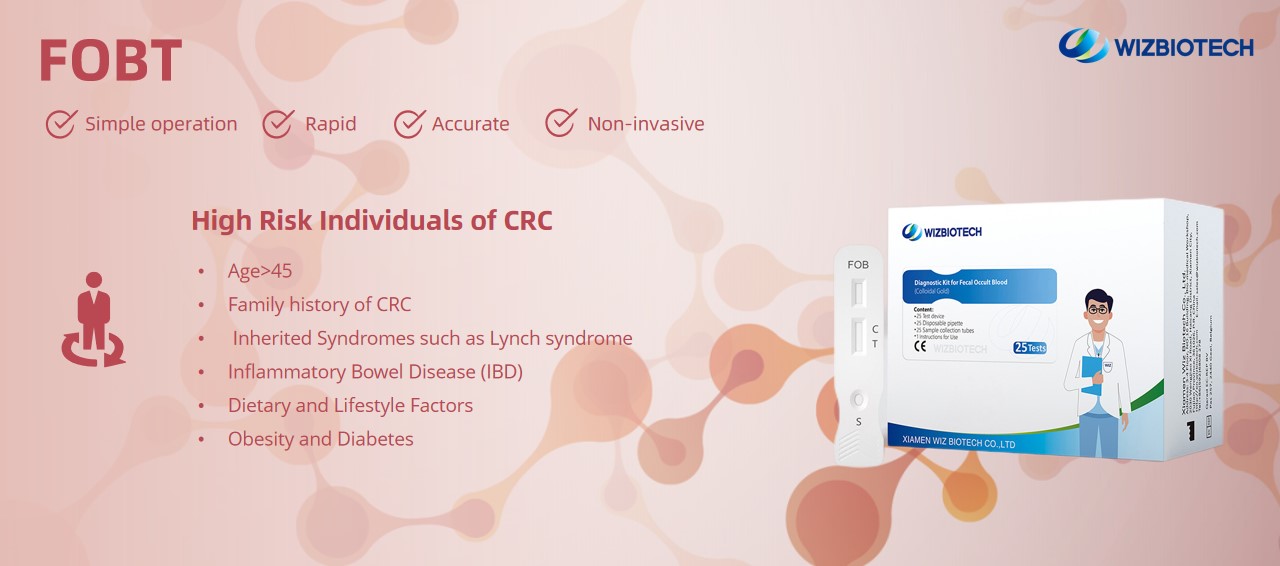
The choice between FOBT and colonoscopy should be guided by individual risk factors, access to healthcare, and personal preferences. Regular screening, regardless of the method, is vital in reducing CRC mortality. It is recommended that adults at average risk begin CRC screening at age 45 to 50. For those with a family history of CRC or certain genetic predispositions, earlier and more frequent screenings may be necessary.

